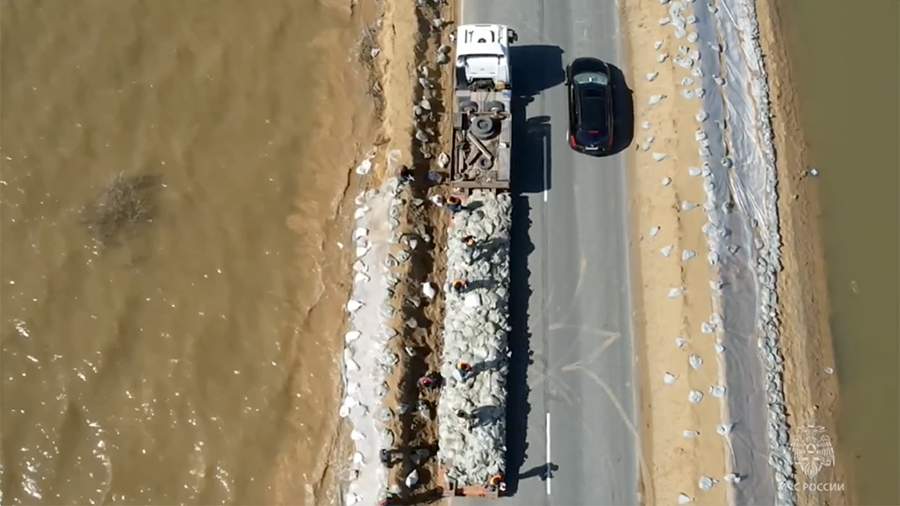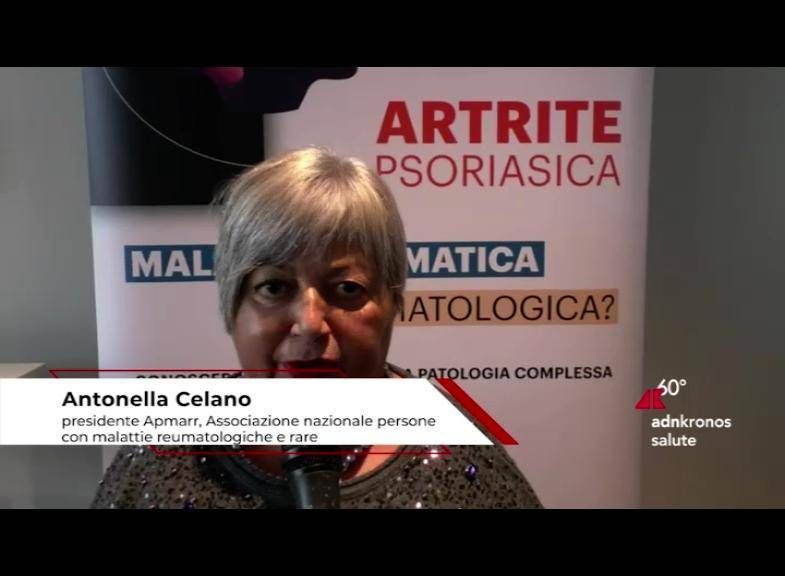The permanent commission of the General Council of the Judiciary (CGPJ), whose mandate expired five years ago, met this Tuesday in an extraordinary manner with a single point on the agenda: to respond to the processing of the investigative commissions in Congress agreed between the PSOE and the independence parties, in which Junts and ERC intend to clarify whether there were cases of lawfare (judicial persecution for political purposes). But the meeting has led to a new internal dispute in which the casting vote of the substitute president, Vicente Guilarte, has served, together with the vote of two progressive members, to carry out a declaration that considerably reduces the political burden of the text they intended. approve the conservatives, who were the ones who demanded that the permanent one speak out. In the approved text, the Council reiterates its rejection of references to lawfare and warns that it will remain “vigilant” in relation to the development of the parliamentary investigation commissions in defense of judicial independence
The permanent commission, the main decision-making body of the Council after the plenary session, has already ruled on the lawfare hours after the pact reached between the PSOE and Junts became known, which opens the door for the investigation commissions on the Pegasus case, on the 17-A attacks in Barcelona and Cambrils and on the so-called Operation Catalonia (the alleged use of the police by the PP Government to discredit Catalan independence politicians) examine whether there were cases of lawfare. This text went ahead with the support of six of the seven permanent members of the Council, including the progressives Roser Bach and Mar Cabrejas. Only the also progressive Pilar Sepúlveda voted against. In that first statement, the Council described as “inadmissible” this reference to an alleged judicial persecution of pro-independence politicians.
But, according to sources from the body, in the plenary session last Thursday, some conservative members demanded that a harsher response be given, taking advantage of the fact that the Congress Board had already approved the processing of the commissions. Hence arose the extraordinary meeting of the permanent commission held this Tuesday, at the request of three of the four conservative members that make up that body (José Antonio Ballestero, María Ángeles Carmona and Carmen Llombart). These three councilors came to the meeting with a text in which statements about the alleged existence of lawfare carried out in recent days by the President of the Government, Pedro Sánchez, the Minister of Transport, Óscar Puente, and the leader of Junts, Carles Puigdemont.
This text has been put to a vote, but has only received the support of the three members who proposed it, while the progressives and Guilarte have voted against and have proposed an alternative one that fully reproduces that of November 9, although it includes the determination to remain “vigilant, in defense of judicial independence,” regarding these investigative commissions. This is the agreement that has finally been approved, thanks to the casting vote that Guilarte has as president of the body, which has broken the tie of three votes in favor and three votes against. The progressive Sepúlveda has voted blank.
The text reproduces the content of the previous agreement: “Given the inadmissible references, which are both semantically and substantively, to the lawfare —judicialization of politics— contained in the agreement signed between the PSOE and Junts with the purpose of facilitating the investiture and, especially, in light of the announcement of the eventual constitution of parliamentary investigation commissions that could determine what are ambiguously called “ responsibilities” derived, precisely, from noticing situations of lawfare“We echo and share the outright rejection of such initiatives, in line with what has already been expressed by all judicial associations,” the statement says. The text also includes the CGPJ’s “repudiation” of these investigative commissions “in the evidence that this potentially implies subjecting to parliamentary review decisions framed in the exclusivity of the jurisdiction” of the courts, and adds: “For all this, the The proposed initiative would imply an unacceptable interference in judicial independence and a flagrant attack on the separation of powers. The continuity of such a parliamentary initiative, if it materializes, would determine our most frontal opposition through the legally established channels.”
The three conservatives who requested the meeting be called have cast a dissenting vote that includes the proposal that the permanent commission has rejected. This text maintains that the creation of these investigative commissions in Congress aims to “generate a new type of responsibility for judges and magistrates, which would no longer be only legal responsibility—criminal, civil or disciplinary—but also political responsibility, contrary to the model.” “as a constitutional judge, independent as subject only to the rule of law.” “The creation of investigation commissions into fraud of law, or the filing of surprising complaints form and prepare an inadmissible and unjustified climate of agitation and propaganda against judges and magistrates who, however, have limited themselves to applying, with their own guarantees of a fair trial according to the highest standards of the Rule of Law, laws, such as the current Penal Code, approved by the Cortes Generales born from the Spanish Constitution,” the text adds.
What affects the most is what happens closest. So you don’t miss anything, subscribe.
Subscribe
Subscribe to continue reading
Read without limits
_
#Judiciary #warns #remain #vigilant #Congressional #lawfare #commissions









